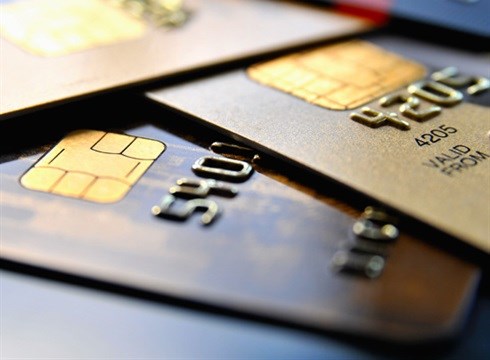
Top stories






More news

Marketing & Media
Warner Bros. was “nice to have” but not at any price, says Netflix

Logistics & Transport
Maersk reroutes sailings around Africa amid Red Sea constraints

















If you are taking your small business online, it is essential to protect yourself by following best practices and working with a reputable payment gateway. Here are some hints and tips to help you transact safely online with your customers.
In online commerce, you are not certain of who is sitting on the other end of the Internet connection performing the transaction and you do not have sight of the debit or credit card. For all you know, it could be someone who has stolen the card details rather than the card owner. For that reason, you need to take every reasonable precaution to ensure the person you are transacting with is who he or she claims to be.
Some steps you can take to this end include:
Every company that accepts credit card payments must be aware of the Payment Card Industry's Data Security Standards (PCI DSS) - a regulatory framework from the financial services industry. Its requirements include protecting data behind firewalls, encrypting cardholder data, staying up to date with virus protection, and controlling who has access to customers' card details.
In a brick and mortar store, customers these days need to punch a PIN code in at the point of sale before their card payment is processed. Online, you should use the 3D secure technology from Visa and MasterCard to verify payments.
One good way to protect your business and your customers from the threat of big financial losses is to set a sensible floor limit. This refers to the maximum value of a transaction you will allow without calling the bank to verify its authenticity. For example, you might decide that you will not automatically process a transaction of more than R5000 without giving the bank a call first to validate it.
If you are delivering goods to customers that shop online, you should work with a credible courier company. When delivering expensive items, insist that the courier verify the customer's identification by asking to see his or her green ID book. In addition, the courier must always get the person taking receipt of the goods to sign for them.
Payments companies (Visa and MasterCard) give cardholders 180 days to dispute any credit card transaction. Verify every chargeback to ensure that customers are not disputing valid transactions. If a chargeback is valid, make sure that the customer has returned faulty or incorrectly delivered goods so that you can limit your losses, another reason why you should know who you are selling to and where they are located.
Banks and card payment firms tend to protect the interests of the cardholder in the event of fraud. If you accidentally deliver to a fraudster, there is no guarantee that you will recover the loss. That means it is up to you to protect your business against card fraud risks.